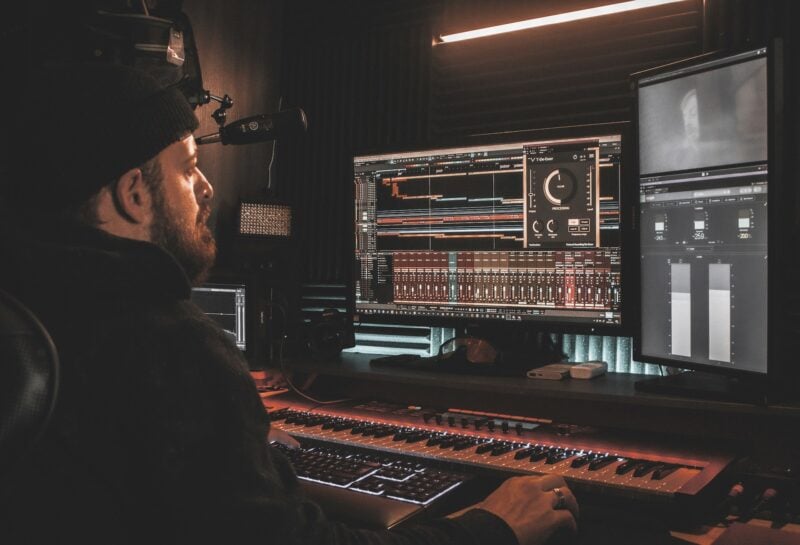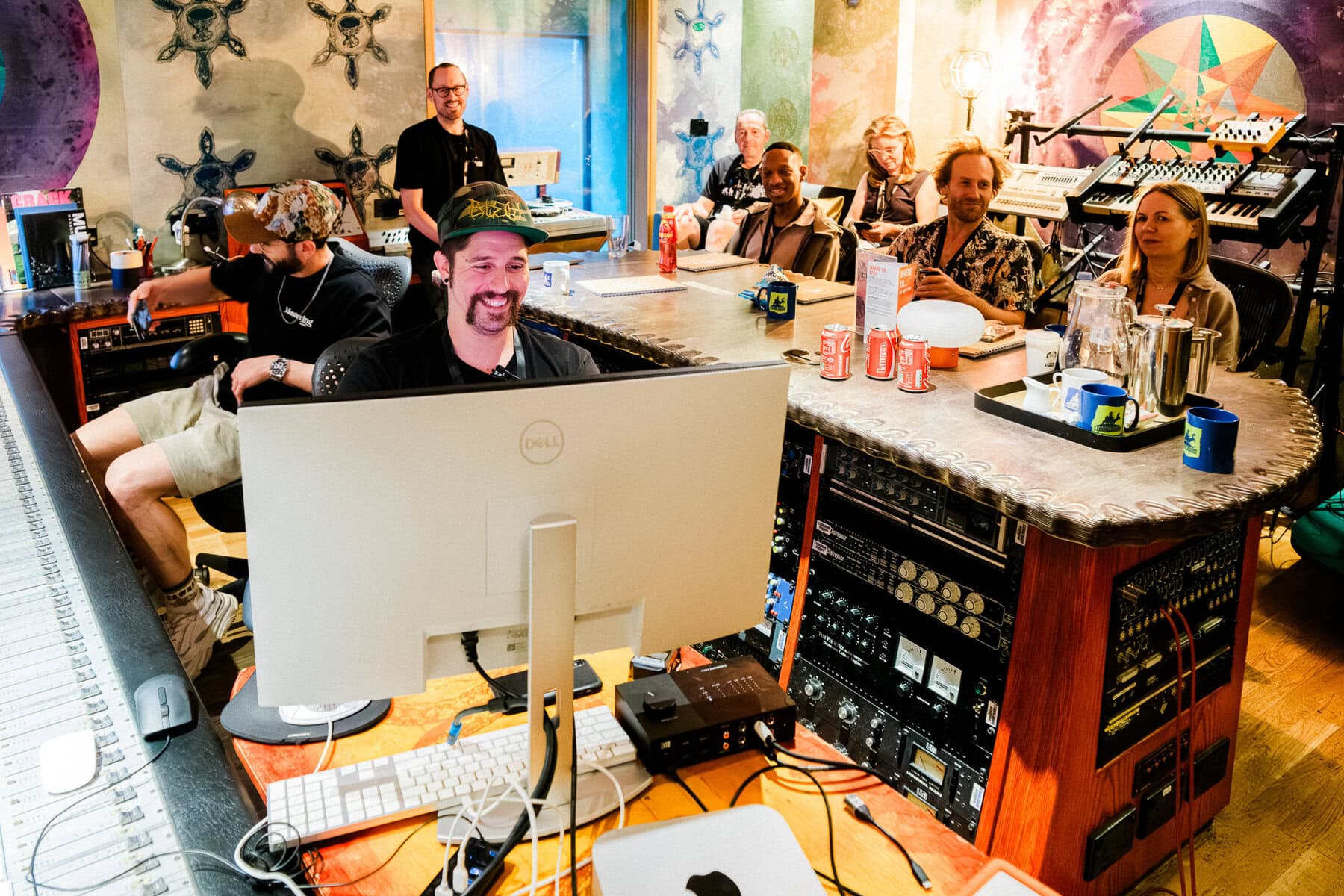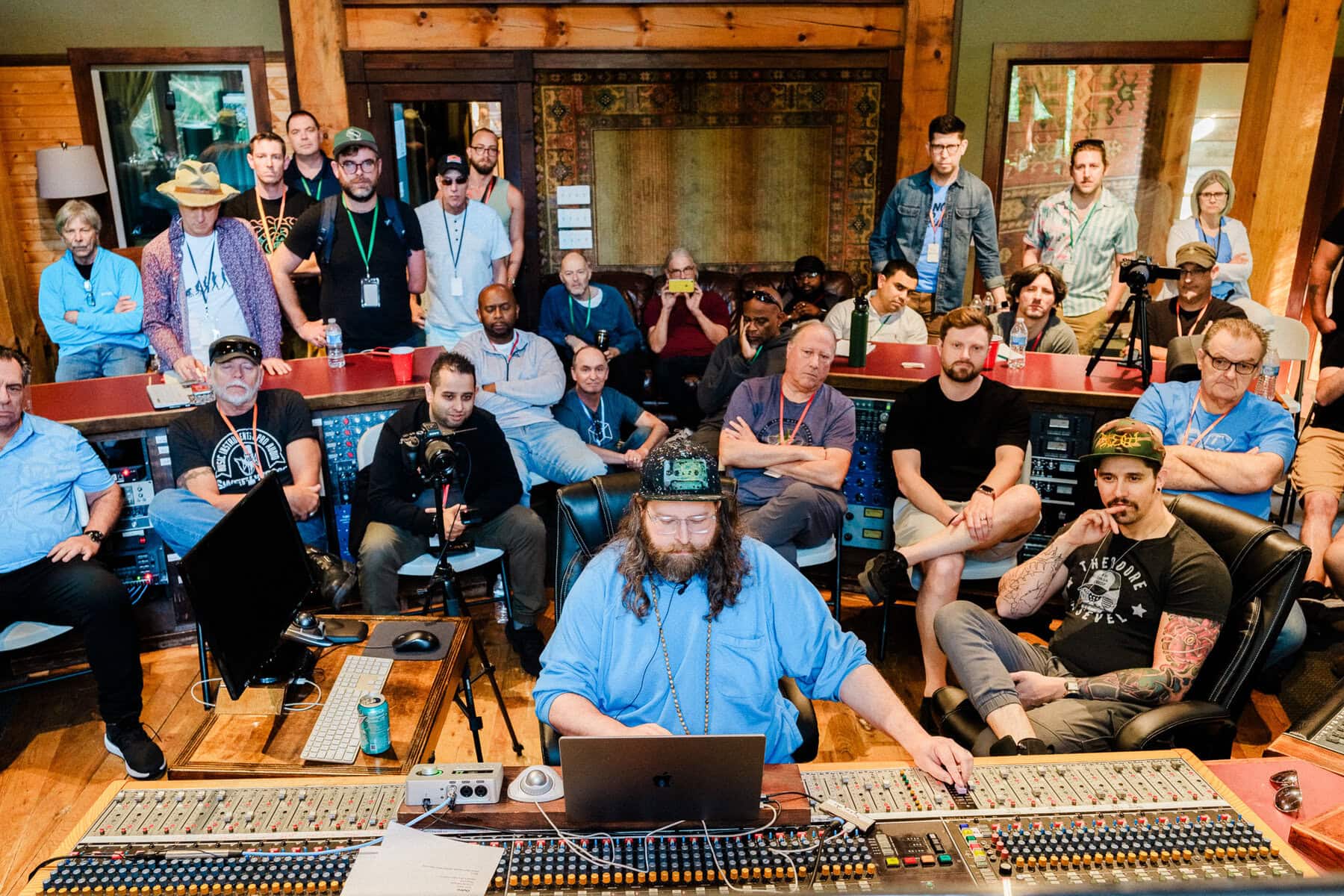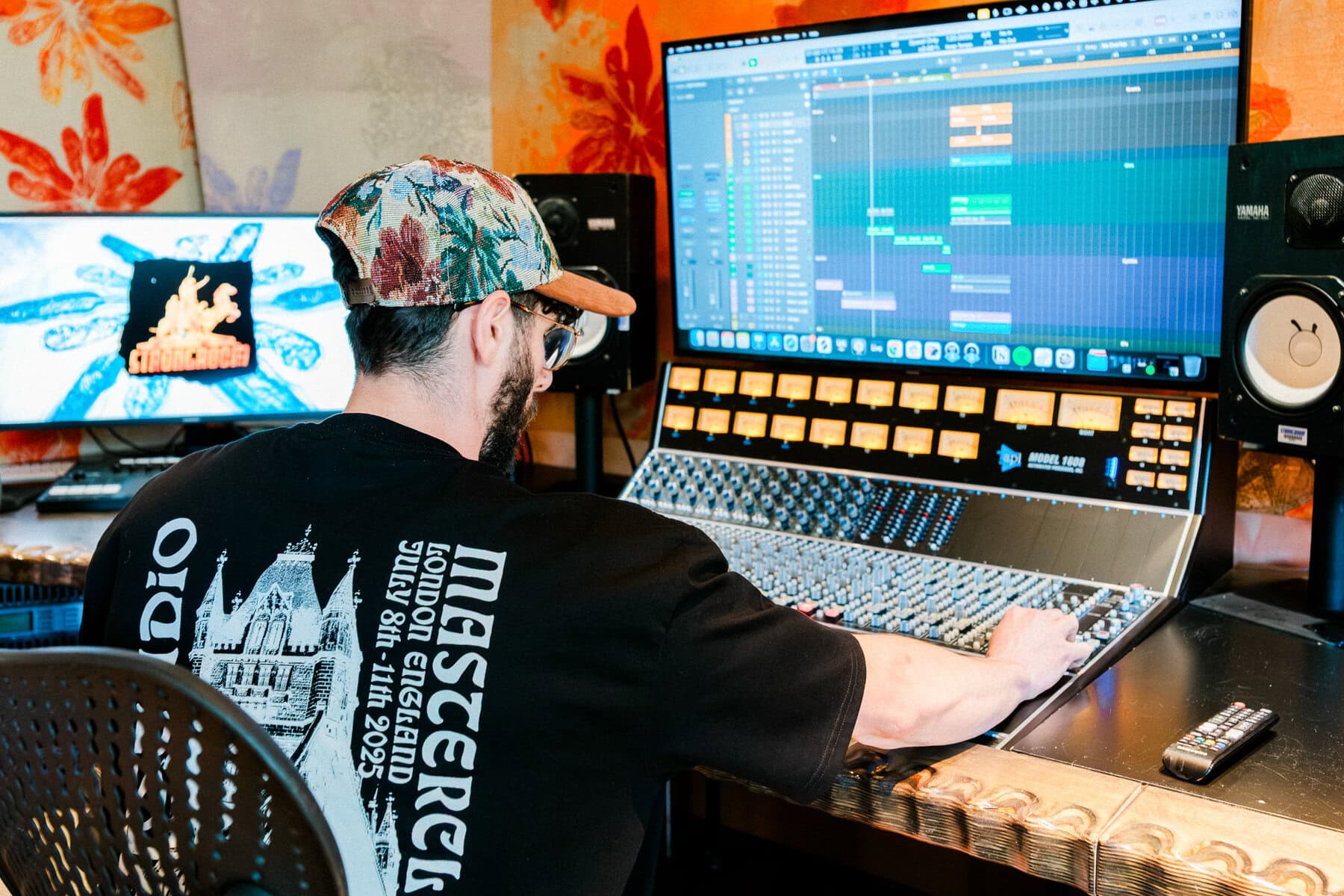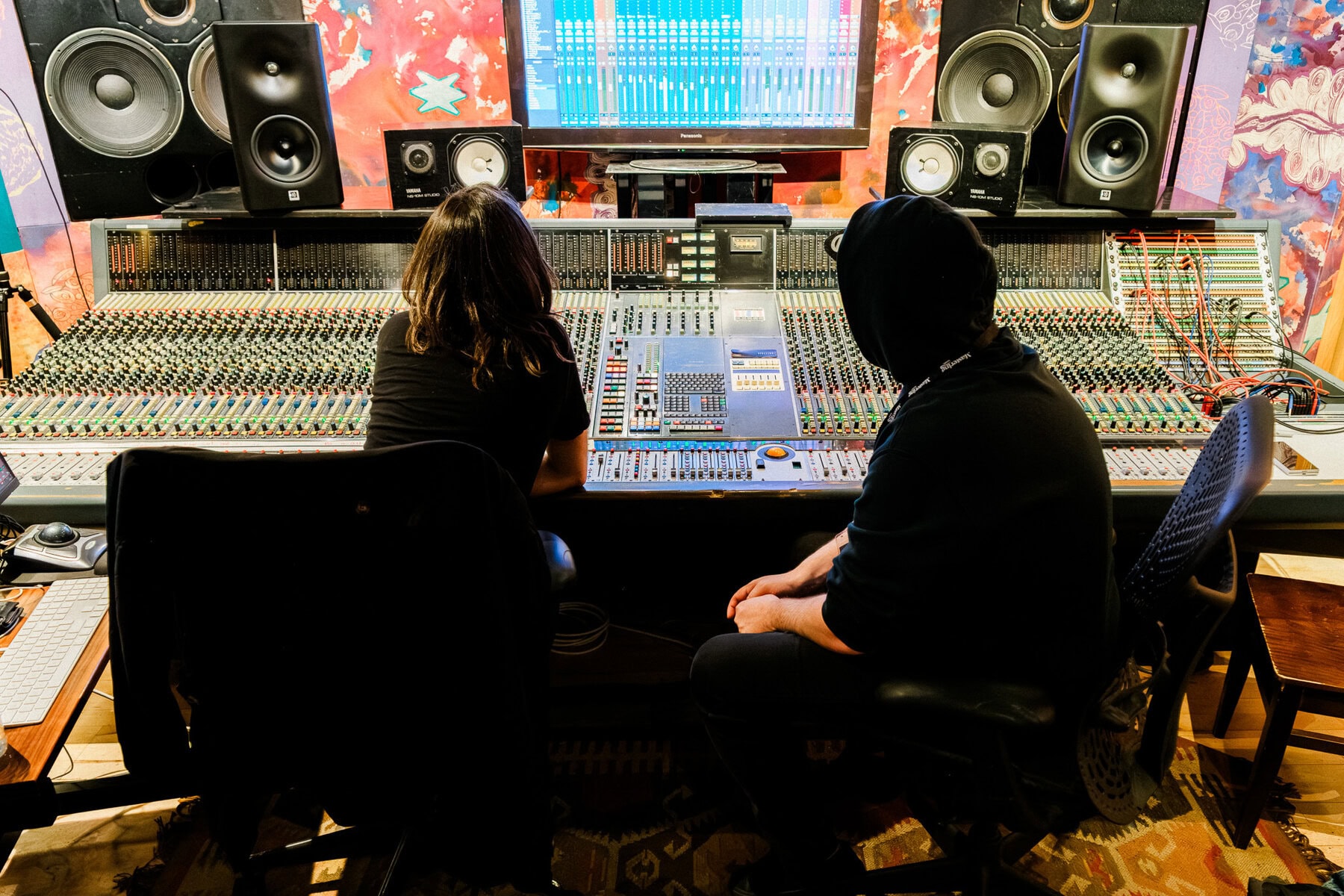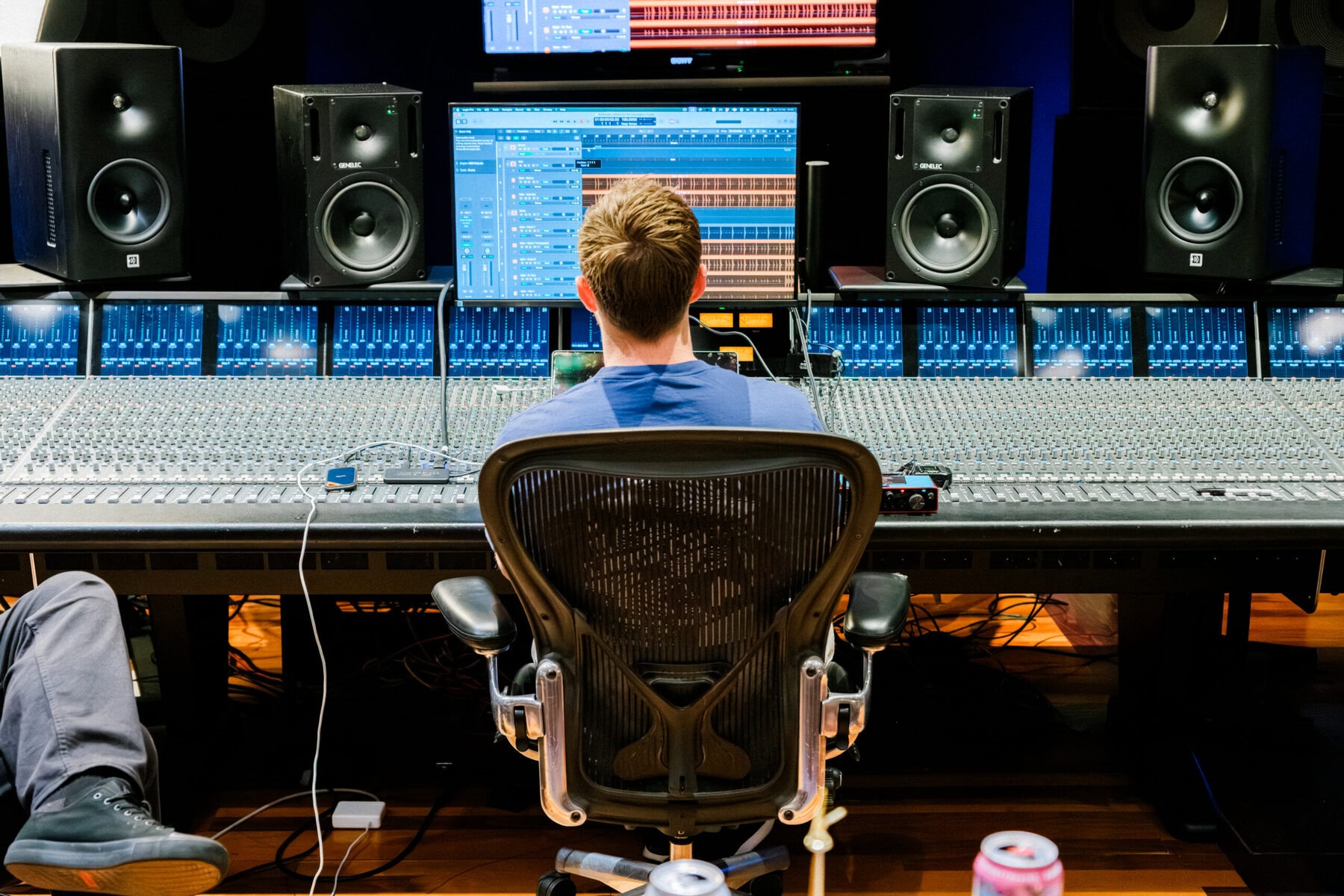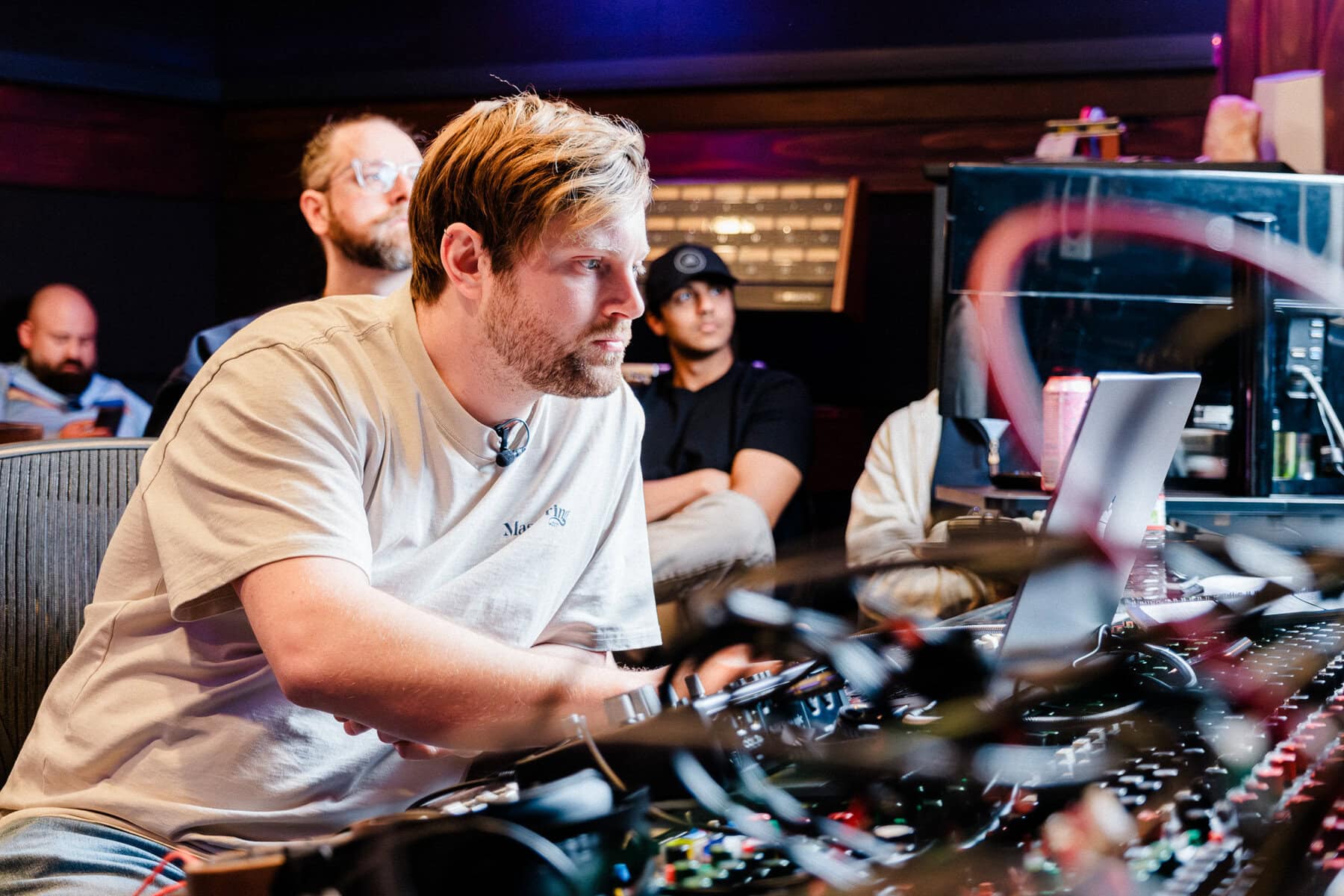What is Mastering? And why you should care about it.
Today we’re diving into a topic that’s crucial for anyone involved in music production: mastering. Often shrouded in mystery, mastering is a vital step in the production process that can make or break your final track. But what exactly is mastering, and why should you, as an artist, producer, or music enthusiast, care about it? Let’s unravel this audio enigma.
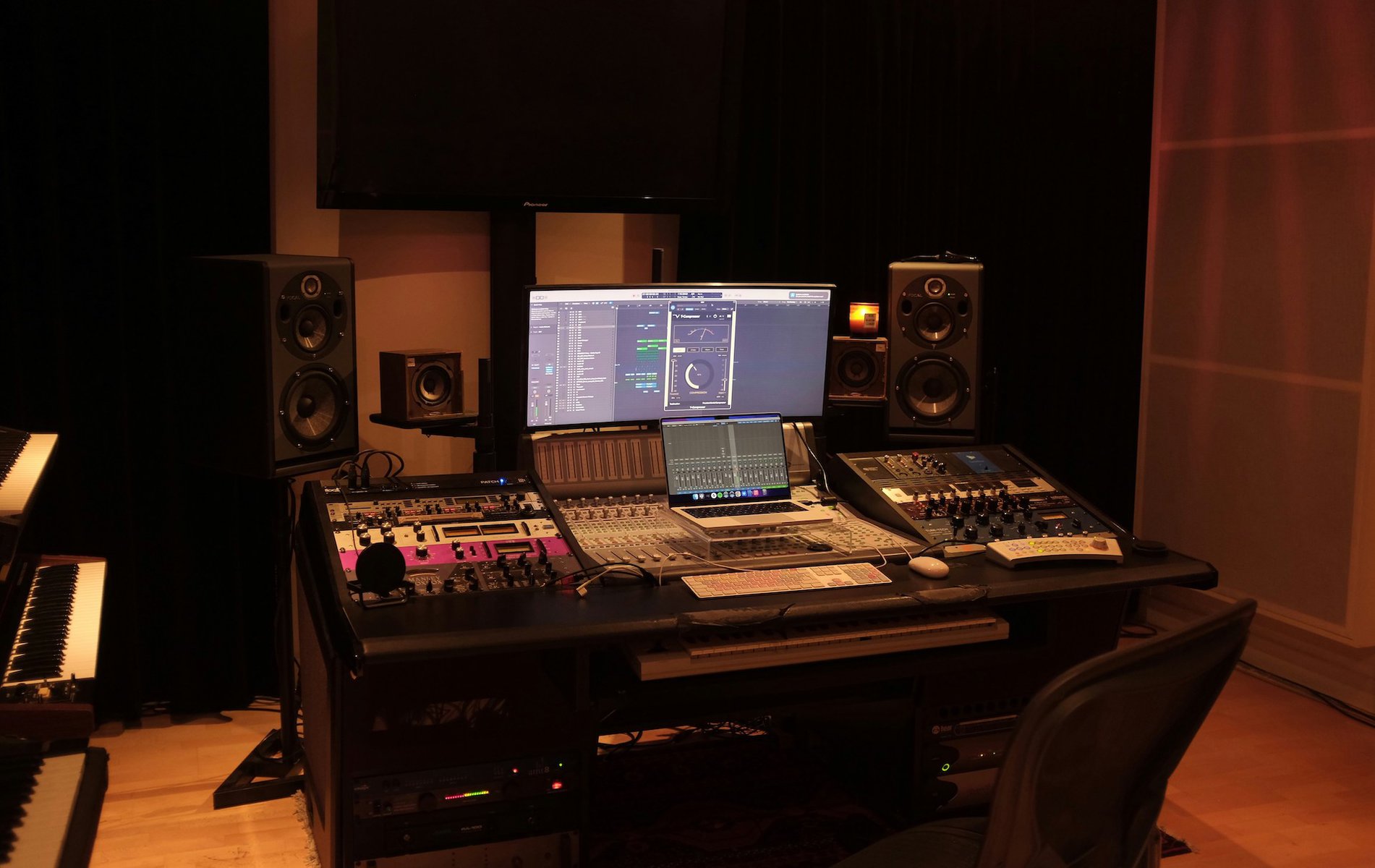
What is Mastering?
Mastering is the final stage of the audio production process. It involves taking your audio mix and preparing it for distribution. While this might sound straightforward, mastering is both an art and a science. It requires critical listening and fine-tuning the track to ensure it sounds its best on all playback systems – from a car stereo to a high-end sound system.
Have you ever mastered a song only to find that, upon release, it sounds muddy or quiet compared to other songs? The perception of loudness by the end-listener isn’t really about increasing mere volume; it’s achieved through a delicate dance of sonic and dynamic balance. Without this balance, true loudness can never be attained. Mastering engineers must skillfully navigate the fine line where the richness of the sonic character meets the optimal dynamic range. It’s in this sweet spot that the true essence of a track is amplified without sacrificing its clarity and depth. This meticulous process is crucial, as only when this harmonious balance is achieved can a track truly resonate with its audience and stand out in the competitive landscape of professional audio production.
Mastering engineers also enhance the perceived depth and width of a song. The art of adding stereo width and depth in audio tracks is a task that calls for a precise and educated touch, a skill often underestimated and misunderstood. Many aspiring engineers and producers, in their quest to achieve a more expansive and immersive sound, inadvertently tread into risky territory. Without the necessary training and nuanced understanding, their efforts often introduce phasing issues and unwanted artifacts, detracting rather than enhancing the audio quality. This delicate process involves not just a simple adjustment of panning or stereo spread, but a deep comprehension of phase relationships and the spatial characteristics of sound. Missteps in this area can lead to a mix that sounds disjointed or hollow, with elements losing their coherence and clarity. Therefore, it’s essential to approach stereo enhancement with a balance of technical knowledge and artistic sensibility, understanding that every adjustment can significantly impact the overall sonic landscape.
The Role of a Mastering Engineer
Mastering engineers stand at the apex of audio production, where exceptional listening environments, finely-tuned ears, a deep understanding of frequencies and dynamics, and access to sophisticated tools are non-negotiable essentials. The art of mastering demands an environment acoustically tailored for clarity and precision, enabling the subtlest nuances in a mix to be discerned. Coupled with this is the mastering engineer’s ear – trained through years of experience to detect minute imbalances and colorations that even the most advanced equipment might miss. Their profound understanding of how frequencies interact and the impact of dynamic range on the listener’s experience guides their every decision.
Furthermore, mastering engineers are armed with an arsenal of specialized tools, each carefully chosen and mastered to sculpt sound in precise ways. From equalizers that fine-tune frequency response to compressors that delicately balance dynamics, these tools are extensions of the engineer’s intent, wielded with a blend of scientific precision and creative intuition. Together, these elements form the cornerstone of a mastering engineer’s capability to transform a good mix into a masterpiece that stands the test of time and technology.
Why You Should Care About Mastering
Consistency Across Different Playback Systems: Mastering ensures that your music sounds good whether it’s played on a smartphone, a laptop, or in a club. It’s about creating a balance that works universally.
Volume Optimization: Mastering makes sure your music is competitively loud and consistent in volume with other commercial tracks.
Enhanced Quality: A good mastering job can bring out details in your music you might not have noticed before. It can add clarity, depth, and dimension to your tracks.
A Cohesive Album Experience: If you’re releasing an album or EP, mastering ensures a consistent sound and feel across all tracks, creating a cohesive listening experience.
Meeting Industry Standards: Mastering ensures your music meets the technical standards of the platform you’re releasing it on, be it streaming services, vinyl, or CD.
The Emotional Impact
Beyond the technical aspects, mastering can also influence the emotional impact of your music. It’s the final step in translating your artistic vision into a reality that resonates with your listeners. It can elevate the mood, intensify the drama, or smooth out the edges to create the exact feel you’re aiming for.
Conclusion
Mastering is more than just a finishing touch; it’s a crucial step in the journey of your music from a studio creation to a shareable, enjoyable, and professional-sounding piece. It’s about ensuring that your music is not just heard but felt, no matter where or how it’s played. So, the next time you’re wrapping up a track, remember: mastering isn’t just a technical necessity; it’s an opportunity to elevate your music to its fullest potential.
Interested in finding out more about mastering? Then watch our free 6 hour mastering course!


